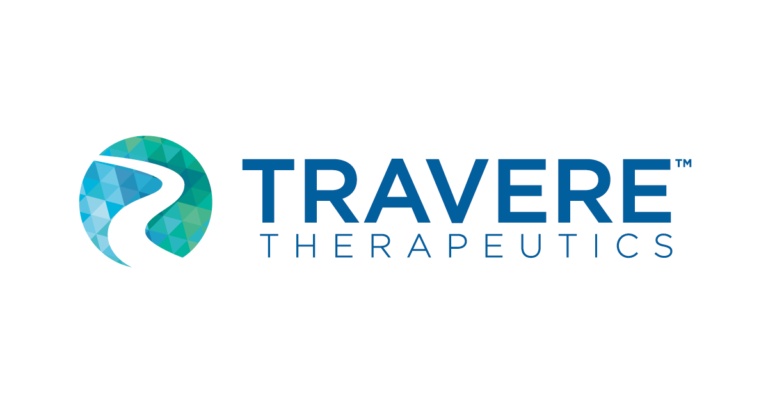
Corcept Therapeutics Incorporated (NASDAQ: CORT), a commercial-stage company focused on developing medications to treat severe endocrinologic, oncologic, metabolic, and neurologic disorders by modulating cortisol, announced today that the primary endpoint was met in the treatment phase of CATALYST. This randomized, double-blind, placebo-controlled study evaluated Korlym® in patients with hypercortisolism (Cushing’s syndrome) and difficult-to-control type 2 diabetes.
The CATALYST study is a Phase 4, two-part, prospective trial designed to assess the prevalence and treatment of hypercortisolism in patients with difficult-to-control type 2 diabetes. The first part of the study screened 1,057 patients with hemoglobin A1c levels above 7.5 percent despite receiving optimal therapies, including GLP-1 agonists. Of these, 23.8 percent were diagnosed with hypercortisolism and became eligible for the treatment phase of the study. In this phase, 136 patients were randomized 2:1 to receive either Korlym or a placebo for 24 weeks. The primary endpoint was the reduction in hemoglobin A1c between the two groups.
The CATALYST study met its primary endpoint, demonstrating a clinically meaningful and statistically significant reduction in hemoglobin A1c for patients receiving Korlym. Those who received Korlym experienced a decrease of 1.47 percent from baseline, compared to a 0.15 percent reduction in the placebo group, yielding a placebo-adjusted reduction of 1.32 percent (p-value: < 0.0001). The safety profile of Korlym was consistent with the drug’s label, and no new adverse events were reported.
Complete results from the CATALYST study will be presented at a medical conference in the coming year.
Dr. Ralph DeFronzo, chief of the Diabetes Division at UT Health San Antonio and a CATALYST study investigator, commented, “The first part of CATALYST showed that hypercortisolism is more common than previously recognized. The results released today confirm that Korlym is a safe and effective treatment. The reduction in hemoglobin A1c is highly significant, especially for patients who have already been receiving the best available therapies but continue to struggle with their condition. These findings underscore the need for expanded screening for hypercortisolism and improved treatment options for patients.”
Bill Guyer, PharmD, Corcept’s Chief Development Officer, added, “The CATALYST study results will help physicians diagnose and treat hypercortisolism more accurately. One in four patients with difficult-to-control type 2 diabetes suffer from hypercortisolism, and Korlym, a cortisol modulator, was highly effective in managing hyperglycemia in this population.”
About Hypercortisolism (Cushing’s Syndrome)
Hypercortisolism, or Cushing’s syndrome, results from excessive cortisol production. Common symptoms include hypertension, central obesity, elevated blood sugar, and difficult-to-control type 2 diabetes. Patients may also experience fatigue, muscle weakness, irritability, anxiety, depression, and cognitive disturbances. If untreated, hypercortisolism can be life-threatening, affecting multiple organ systems.




